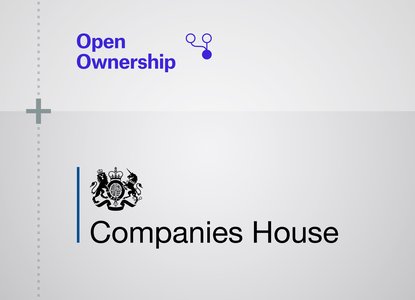Countries take leadership to end the shell game on Anti Corruption Day 2019
To mark International Anti-Corruption Day (December 9th), we are taking action with our partners to call time on the use of anonymous company ownership facilitating corruption and societal harms like trafficking and modern slavery. In collaboration with Open Government Partnership, the UK Government and World Bank, we are launching a day of action including two events to advance the shift towards beneficial ownership transparency around the world.
Anti-corruption day actions
Action 1 - High level expert panel
A high level panel event will be taking place at the World Bank HQ on December 9th showcasing support for activity and discussing the key policy opportunities and the importance of beneficial ownership transparency for the global anti-poverty agenda. This event will be live streamed, open to the public and we encourage you to write questions in advance.
Moderator: Thom Townsend, Executive Director, Open Ownership
Speakers:
- Alex Cobham, Tax Justice Network
- David Szakonyi, George Washington University
- Andrej Leontiev, Taylor Wessing
More information can be found online here: https://live.worldbank.org/ending-shell-game
Action 2 - Countries join beneficial ownership leadership group
Confirmed signatories as of 13:00 on 9.12.12:
- Armenia (announcement)
- Kenya
- Latvia (announcement)
- Mexico (announcement)
- Slovakia (announcement)
We are formally inviting countries to join the Beneficial Ownership Leadership Group, which has been developed by the UK Government with support from Open Ownership and Open Government Partnership.
By joining the Beneficial Ownership Leadership Group each country will be signing up to a set of best practice disclosure principles dedicated to:
- Publishing company beneficial ownership data that is freely downloadable, searchable, and reusable by the public, without a fee, proprietary software, or the need for registration.
- Implementing progressively ambitious best practice in beneficial ownership transparency, across technical, legislative, regulatory, and administrative parameters.
- Committing resources to enable improvements and iterations to data quality and standardisation.
- Contributing to the building of best practice, including by recognising the evolving illicit finance threat and considering implementing beneficial ownership transparency beyond companies to a wider group of assets classes.
- Working in partnership with civil society and enabling their role as watchdogs and users of the data.
- Engaging other partners, including governments and international institutions, to advance the objective of making beneficial ownership transparency a global norm; and
- Contributing to evaluation and impact assessment of our shared approach.
Related articles and publications
Publication type
News article


